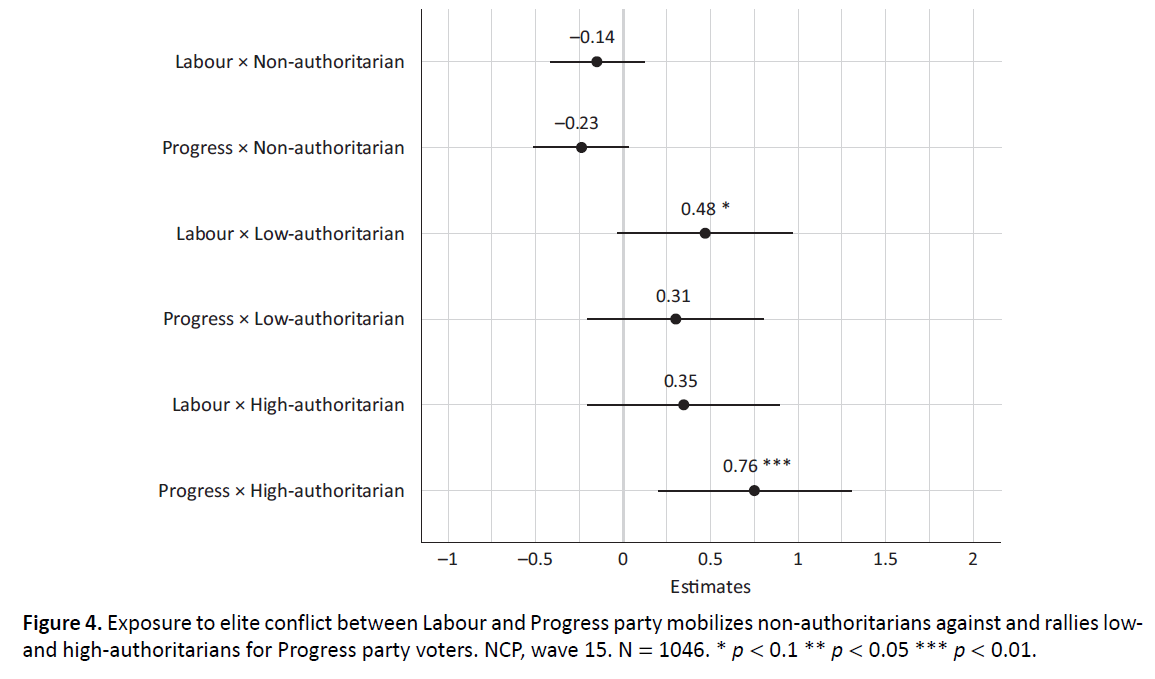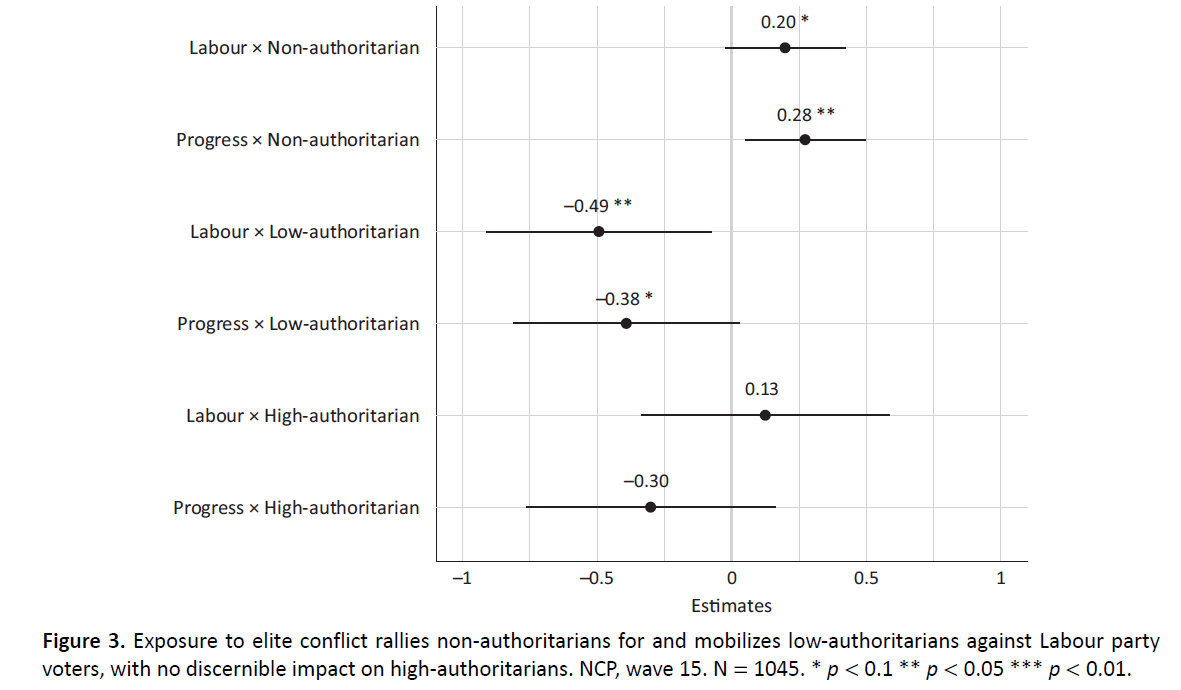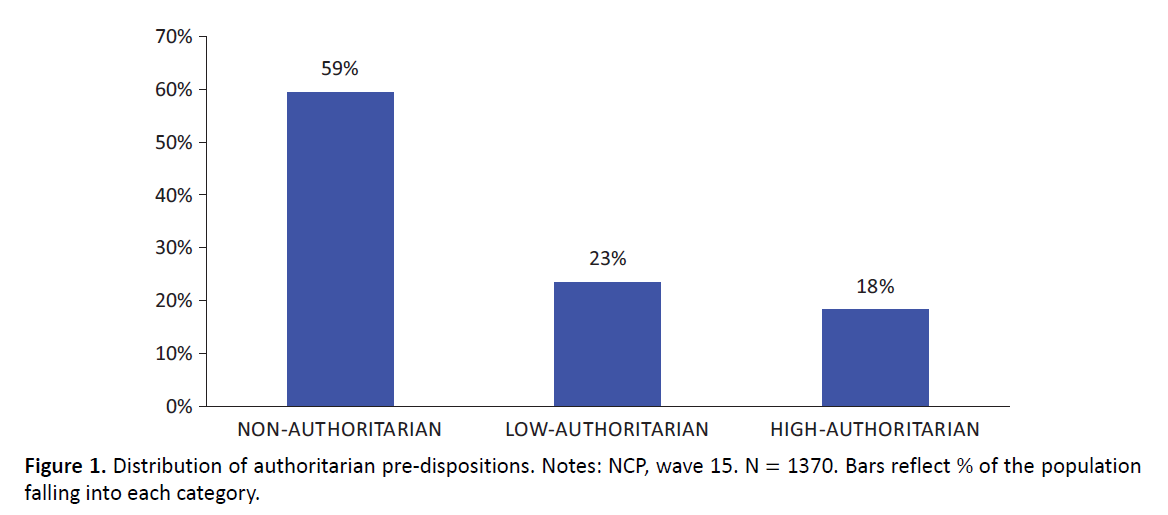Does bitter conflict between political elites result in increased polarization at the mass level? This is what I investigate in  study. In short, the answer is YES. 1/
study. In short, the answer is YES. 1/
https://www.cogitatiopress.com/politicsandgovernance/article/view/2919
 study. In short, the answer is YES. 1/
study. In short, the answer is YES. 1/https://www.cogitatiopress.com/politicsandgovernance/article/view/2919
Studies of political polarization rarely delve into actual episodes of political conflict. This is what I’ve done. I zoom in on the struggle between radical right Progress Party and social democratic Labour Party revolving around the trauma of July 22, 2011 terror attacks. 2/
While 9 years have passed, the devastating terror attacks committed by right-wing extremist Anders Behring Breivik still has a profound impact on Norwegian politics. On that summer day Breivik killed 77 people, injured many more and destroyed parts of the government complex. 3/
Besides being the first large-scale terror attacks in Norway, their political impact is also due to the terrorists’ background, motivation and who he targeted. Breivik was a former member of the Progress Party and he attacked their main political antagonist – Labour. 4/
His attacks were also (in part) ideologically motivated by the same line of thinking that the Progress Party and the broader anti-Islamic movement had espoused – that Labour was responsible for Muslim immigration and “sneak Islamization” of society. 5/
Labour initially responded by framing the terror as an attack on democracy itself rather than highlighting the terrorist’ motivation to strike at them specifically, but the attacks eventually bled back into the ongoing conflict between the parties. 6/
Using a between-subjects design, I exposed respondents to the most intense exchange between the two parties dealing with the trauma of the July 22 attacks. I then measured respondents’ attitudes toward people who vote for the Progress Party and Labour. 7/
What I look at is not polarization in the traditional sense between declared partisans belonging to one political camp or another – but what we could call spectator polarization, or the polarization of the broader citizenry. 8/
This is inspired by Schattschneider’s (1960) view of politics as the socialization of conflict. He emphasized the pivotal role played by the audience in this process, saying spectators “… determine the outcome of the fight” if a conflict becomes public (p. 2). 9/
Now for the findings! The study shows that terror-related conflict between the radical right and social democrats has a spill-over effect on citizens’ sympathies for their voters. The conflict affects citizens’ according to their existing authoritarian dispositions. 10/
People with no authoritarian dispositions reacted to the conflict by becoming more sympathetic to social democrats, while authoritarians became more sympathetic toward the radical right. People with intermediate authoritarianism scores also became more hostile toward socdems. 11/
The findings provide support for a modified version of authoritarian dynamics theory. Whereas previous studies found that either the authoritarians or the non-authoritarians react to conflict, my findings demonstrate that both can react simultaneously to partisan struggle. 12/
The findings also indicate that conflict involving populist radical right parties is a driver of personality-based, affective sorting of citizens. 13/
If the pattern of conflict is maintained, it could solidify into an even affective split of the population, as non-authoritarians make up around half the population and the combined tally of low- to high-authoritarians the other half. 14/
The article is part of a @CogitatioPaG special issue on populism and polarization with lots of great pieces, edited by @MaukMarlene @hdschulze @JLBergen https://twitter.com/hdschulze/status/1284061076510978048?s=20

 Read on Twitter
Read on Twitter




